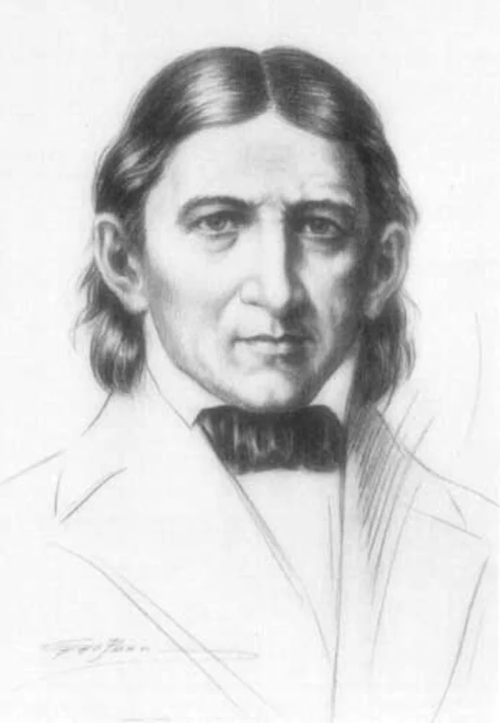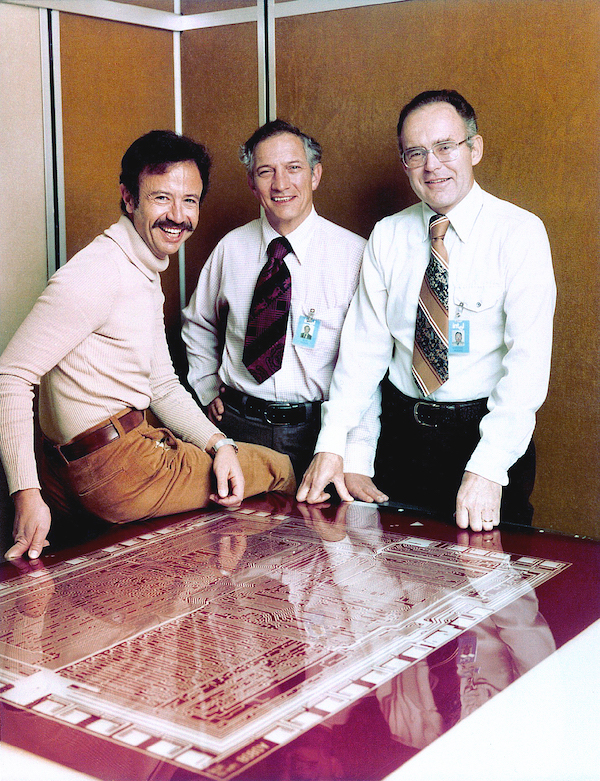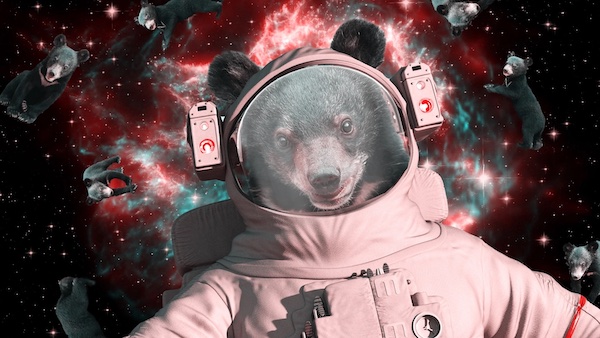


(quote)
Friedrich Wilhelm Heinrich Alexander von Humboldt (14 September 1769 – 6 May 1859) was a German polymath, geographer, naturalist, explorer, and proponent of Romantic philosophy and science. He was the younger brother of the Prussian minister, philosopher, and linguist Wilhelm von Humboldt (1767–1835). Humboldt’s quantitative work on botanical geography laid the foundation for the field of biogeography. Humboldt’s advocacy of long-term systematic geophysical measurement laid the foundation for modern geomagnetic and meteorological monitoring.
Between 1799 and 1804, Humboldt travelled extensively in the Americas, exploring and describing them for the first time from a modern Western scientific point of view. His description of the journey was written up and published in several volumes over 21 years. Humboldt was one of the first people to propose that the lands bordering the Atlantic Ocean were once joined.
Humboldt resurrected the use of the word cosmos from the ancient Greek and assigned it to his multivolume treatise, Kosmos, in which he sought to unify diverse branches of scientific knowledge and culture. This important work also motivated a holistic perception of the universe as one interacting entity, which introduced concepts of ecology leading to ideas of environmentalism. In 1800, and again in 1831, he described scientifically, on the basis of observations generated during his travels, local impacts of development causing human-induced climate change.
Charles Darwin described him as “the greatest scientific traveler who ever lived.” He is widely respected as one of the founders of modern geography. Alexander von Humboldt’s travels, experiments, and knowledge transformed western science in the nineteenth century.
Alexander von Humboldt has more things named after him than any other scientist in the world. Throughout all the continents and kingdoms of life, Humboldt is there. From the Humboldt penguin, the Humboldt squid, and more than 100 other animal species to the Humboldt’s Lily, Humboldt’s Schomburgkia, and 300 other plant species; Humboldt is omnipresent. Minerals, ocean currents, state parks, mountains, waterfalls, rivers, and bays from China to South Africa all bear his name. There are four towns named after him in North America alone, and his name has even reached the moon and stars while asteroid 54 Alexandra orbits the sun.
Where most people spend an entire lifetime mastering one area of study or craft, Humboldt dedicated his life to being an authority on several interrelating topics that included botany, zoology, and meteorology. He realized the relationship in all things, and how they could not be separated. Humboldt had a brilliant enquiring mind, and he was able to form seemingly unrelated connections that have shaped our understanding of the natural world today. He made elaborate expeditions, collected clippings of plant species and distilled the complexity of his ideas and findings into books. He was one of the first Europeans who began to trace how plant and animal life was affected and adapted based on region, climate, and human interference. It may seem obvious today, but Humboldt was one of the first scientists to catalogue, in the most ambitious and encompassing way, the interconnected relationship between all things.
He was a man of science, yet he understood that science and art were not separate, either. The beauty and intelligence of nature stirred such strong emotions in him that we was often moved to poetry. He was an influential proponent of Romantic philosophy and science and shared a deep friendship with German poet Goethe; the pair often inspired each other in their various endeavors.
Humboldt the man may have slipped out of our consciousness, yet his ideas are very much alive in the world today. He also paved the way for many of his disciples – among them Charles Darwin, Henry David Thoreau, George Perkins Marsh,and John Muir –who went on to develop his insights in new ways.
Carl Ritter (August 7, 1779 – September 28, 1859) was a German geographer. Along with Alexander von Humboldt, he is considered one of the founders of modern geography. From 1825 until his death, he occupied the first chair in geography at the University of Berlin.
Ritter always regarded Humboldt, who was ten years his senior, as his master and partly based his geographical writings on Humboldt’s ideas. He was frequently more a historian than a geographer and wrote what has come to be known as a geographical interpretation of history. The opposition to his ideas that developed after his death arose in part from the contention that he had made geography ancillary to history. Even so, during his later life and for nearly 20 years following his death, his ideas deeply influenced geographical research in Germany.
Along with Alexander von Humboldt, Ritter was the co-founder of modern geography. Ritter’s most important publication, ‘Die Erdkunde im Verhältniss zur Natur und zur Geschichte des Menschen’ (Geography in Relation to Nature and the History of Mankind), was written intermittently from 1816 to 1859. ‘Die Erdkunde’ not only explained the effect of physical environment on human activity but also established Geography as a proper science. Although it consisted of 19 volumes, it remained incomplete at the time of his death.
(unquote)
Image courtesy Wikipedia, Alexander von Humboldt Foundation, lithograph by F. Jentzen from a portrait by F. Krüger






